Male factor contributes around 50% to the infertility cases though unfortunately in Indian scenario it is uncommon for males to except it. A proper evaluation of male partner is necessary in all couples facing infertility. It begins with the simple physical examination followed by the semen analysis and hormonal analysis. Depending upon the examination and reports a diagnosis can be made of obstructive or non-obstructive azoospermia...Read more
Kidney stones are one of the most common health problems. The symptoms show up as flank pain, blood in urine, and fever. Though there is no definite cause of stone formation but the commonest cause is decreased water intake. If stones left untreated, they can potentially damage the kidneys also...Read more
Presence of blood in urine is the most common way in which bladder cancer presents. Some patients may also experience pain or burning during urination without any evidence of infection. Ultrasound or a CT scan along with urine cytology will confirm the presence of cancer. Unusually , small cancers can only be diagnosed by doing cystoscpoic evaluation of bladder...Read more
Laparoscopy which is also known as diagnostic laparoscopy is a surgical, low-risk and minimally invasive diagnostic procedure that is used to examine the organs inside the abdomen. Laparoscopy uses an instrument called as laparoscope which is a long, thin tube with a high-intensity light and a high- resolution camera at the front to look at the abdominal organs. The instrument is inserted in the abdominal wall through an incision. As it moves along, the camera starts sending images to a video monitor. It allows doctors to see inside the patient’s body in real time without using surgical weapons and open surgery. Read more
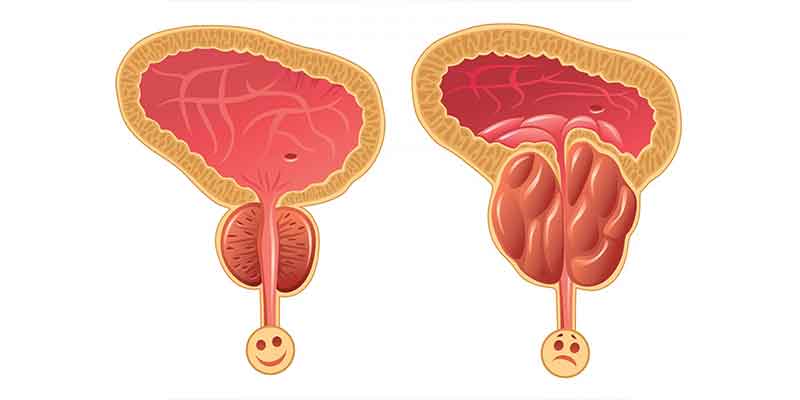
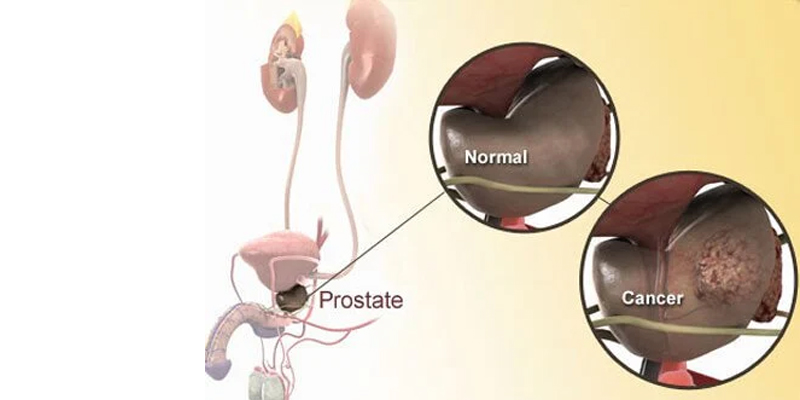
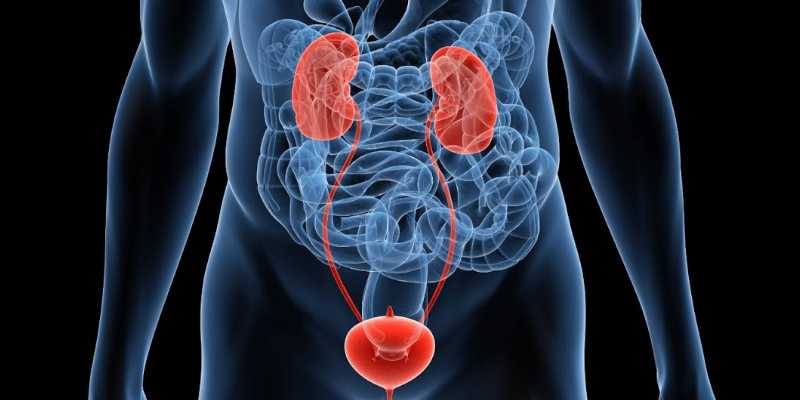
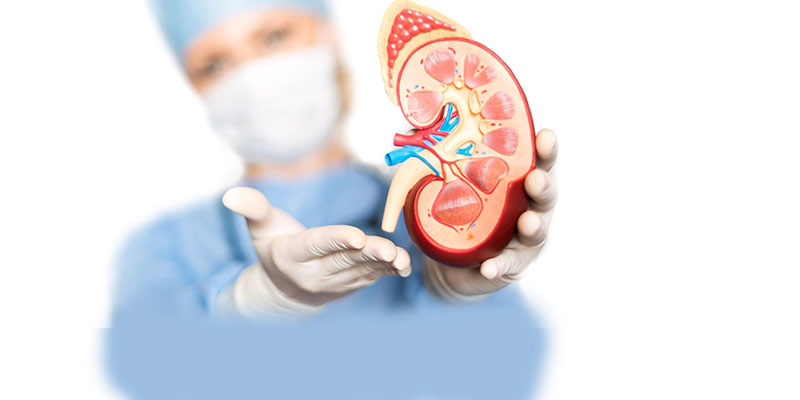
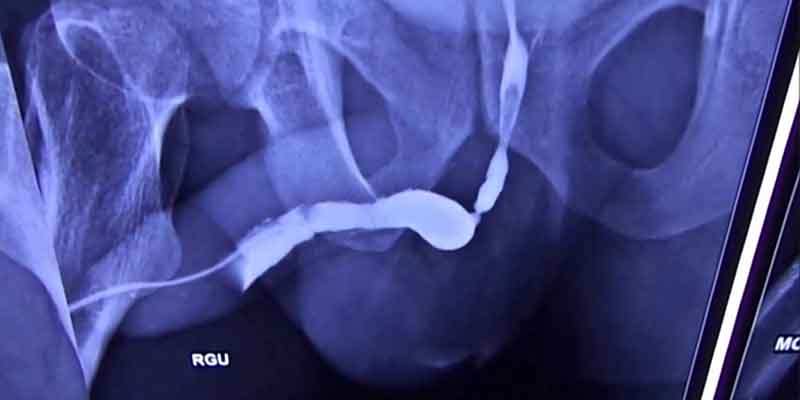

FREQUENT URINATION IN WOMEN
16 MAY,2019 by DR. ANIRUDH KAUSHIK
Simply put, frequent urination is the problem of having to go to the washroom again and again. Most of us urinate about 5-7 times during the day. Frequent urination by definition is having to go more than 8 times a day.
Read MoreKNOW ABOUT PROSTATE CANCER
14 SEP,2018 by DR. ANIRUDH KAUSHIK
Prostate is a small walnut-sized gland, which is a part of the male reproductive system. The main function of the prostate is to produce the seminal fluid, which forms a major part of the ejaculate. This contains substances
Read MoreUTI – CAUSES, SYMPTOMS, TREATMENT
18 AUG,2018 by DR. ANIRUDH KAUSHIK
UTIs are caused by bacterial colonization of the urinary system. Most of the infections are ascending in nature i.e. the infection ascends from your external urine passage (urethra) to affect the urinary system/organs.
Read More

